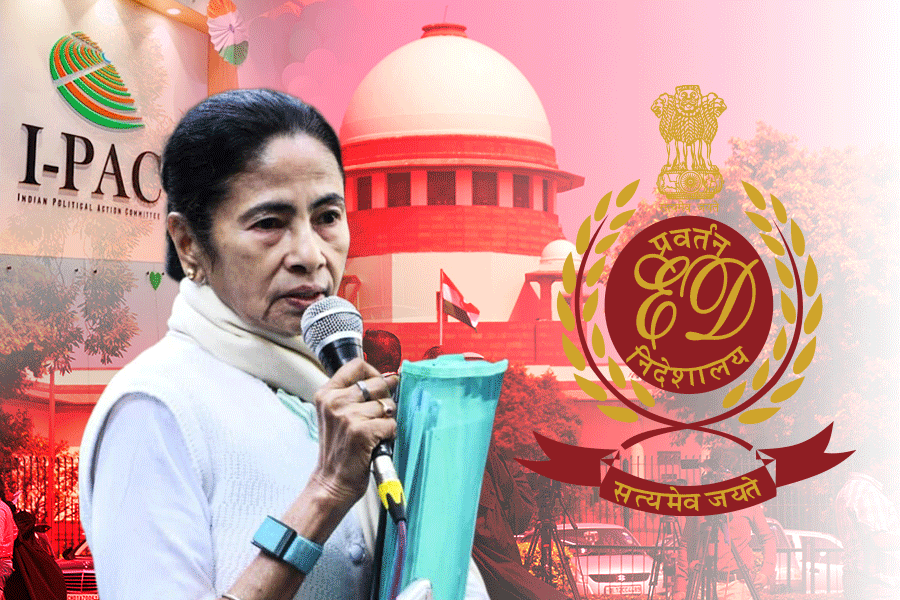It seems improbable that a liquor ban in Bihar would adversely affect tuberculosis (TB) detection in the state, but unfortunately it has.
For over a year, since the implementation of the ban, there has been a dearth of methyl alcohol or methanol - a common reagent used in sputum tests for detecting TB.
Ironically, methanol is highly toxic and is rarely (if at all) used to make liquor. There have been cases of it being used to fortify informally produced "hooch" that results in methanol poisoning.
The absence of methanol from the shelves of TB detection centres has unfavourably affected TB control measures in Bihar. Labs, primary health centres (PHCs) and even government hospitals are being forced to use alternative reagents, thereby compromising on the accuracy of the tests.
There have also been reports of sputum samples being sent to Jharkhand, which further delays diagnosis and makes the process of detection more tedious and expensive.
In the meantime, as pulmonary TB is a highly contagious air-borne disease, an unaware infected patient could be spreading the disease to 10-15 people every year, thereby amplifying the public health threat posed by it.
If the detection process is hindered, it could put Bihar at the risk of a TB pandemic.
Today, TB is one of India's biggest public health challenges. When I started associating myself with the cause, I was shocked to find out that India has the highest TB burden in the world with one person dying of TB, the silent killer, every three minutes.
In Bihar alone, we saw around 50,000 new infections in 2016 with Patna accounting for almost half the cases. The belief that TB is incurable or the fear of being stigmatised leads to patients hiding their symptoms or not seeking treatment.
Fortunately, in the past few years, TB has deservingly received greater attention from the media and the government. The Bihar government has been actively introducing innovative measures to tackle TB - privately treated patients are being provided free anti-TB therapy by the government; Project Axshya is engaging with the vulnerable communities in TB care and treatment; and highly sensitive diagnostic tests have been procured to improve detection rates.
Through these initiatives, Bihar has led by example in India's fight against the disease and made significant progress in improving TB management in the state. This momentum needs to be sustained as we move toward a TB-free Bihar.
At a time when the nation awaits the new National Strategic Plan to eliminate TB by 2025, the Centre and states are geared up for a four-fold increase in resource allocation. However, we need to do more than fire-fight a disease of such magnitude. We cannot afford any more delays in the detection of TB.
An exception for methyl alcohol needs to be made under the liquor ban to remove the barrier in TB diagnosis. As policy makers, we need to recognise the unintended consequences of the alcohol ban and take corrective measures immediately. Complacency in executing this change is costing TB patients and the TB control programme indispensable resources.
Bihar has set a moral and pragmatic standard in policy implementation, as is evident with the success of the alcohol ban. It is imperative to extend the same zeal towards TB elimination.
TB Harega Desh Jeetega!
Kuntal Krishna is state secretary for the Congress in Bihar










